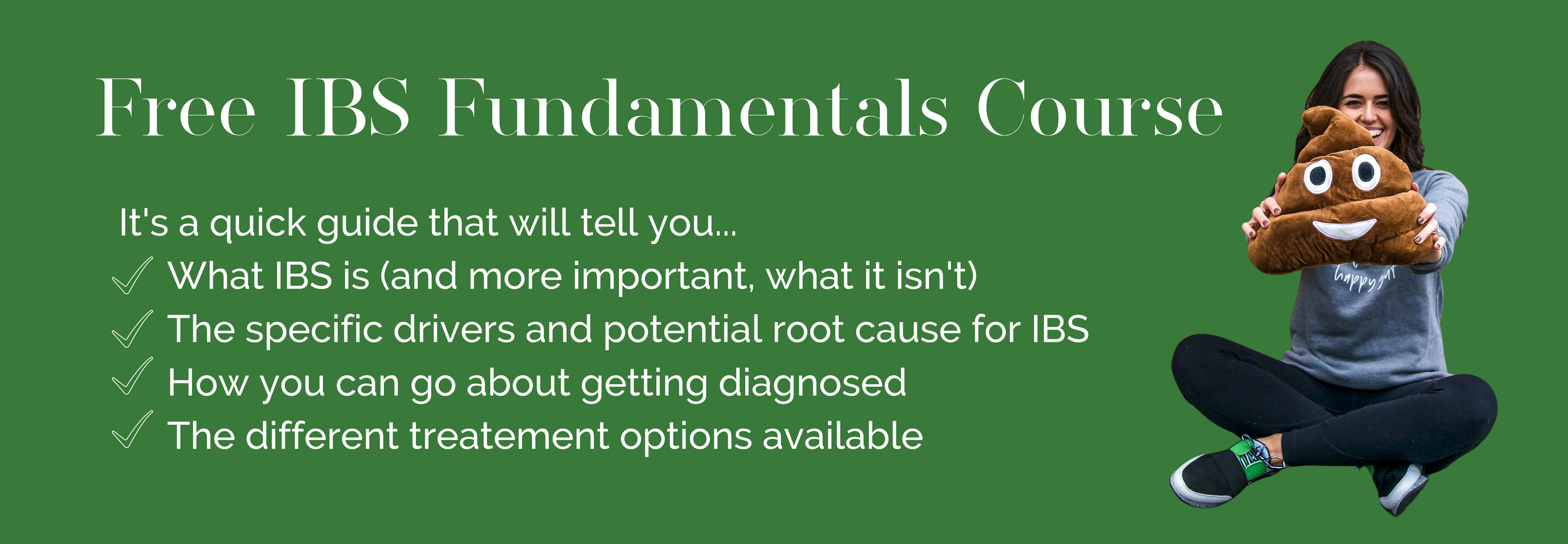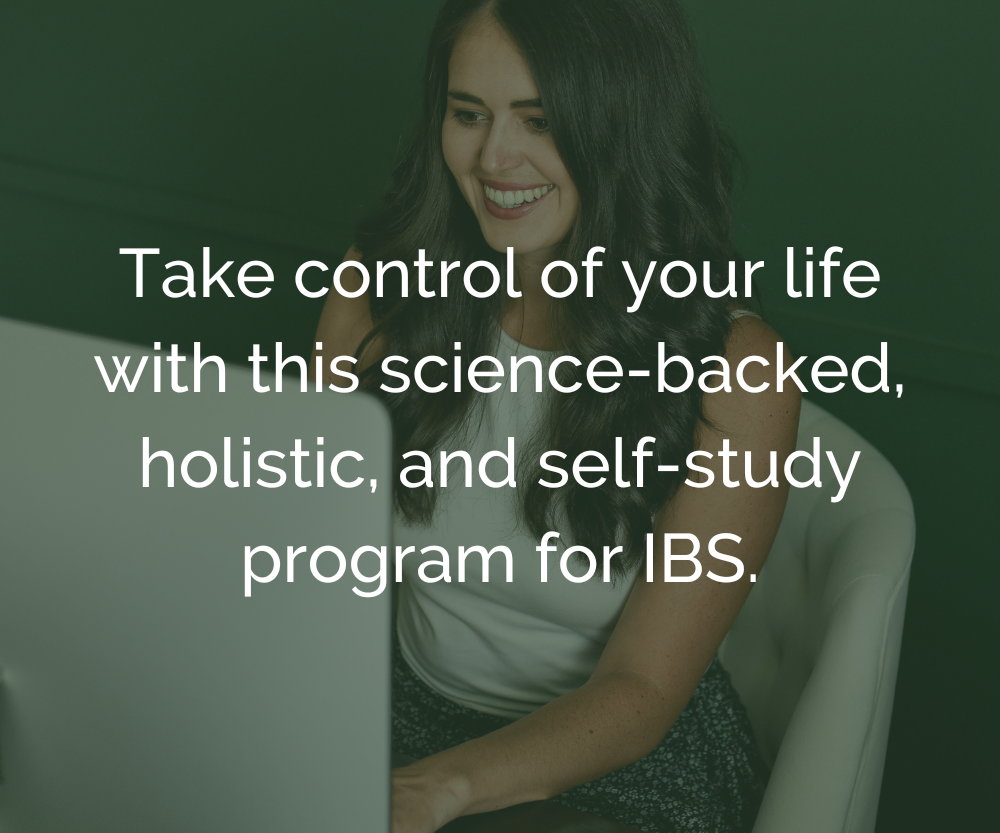How does foodborne illness cause IBS?
How many people experience foodborne illness?
It is estimated that 1 in 9 people who experience foodborne illness will develop irritable bowel syndrome (IBS). And foodborne illness affects around 15% of those in the United States every year.
When this is the cause, we refer to it as post-infectious IBS (PI-IBS). This is the most understood cause of IBS, so my goal of this blog is to break down exactly how this happens, what to do about it, and how to avoid initial or repeat foodborne illness.
According to Center for Disease Control (CDC) estimates, the most common foodborne illnesses are caused by norovirus, Salmonella, Clostridium perfringens, Campylobacter, and Staphylococcus aureus.
Foods commonly linked to these pathogens and illness include:
Raw animal products, specifically raw or undercooked meat and poultry, raw or lightly cooked eggs, unpasteurized (raw) milk, and raw shellfish.
Fruits and vegetables that have become contaminated during growth or processing
Foods exposed through cross-contamination with raw meat in kitchens, or from a foodhandler’s hands.
How does this lead to IBS?
When you are exposed to pathological bacteria, they produce CdtB, which is a toxin. This happens over a few weeks and may come without any additional symptoms after the initial illness symptoms. Over a couple of months, the body produces antibodies to fight CdtB and a protein found in CdtB called vinculin. These are called anti-CdtB and anti-vinculin antibodies.
Anti-CdtB antibodies are associated with dysbiotic microbiota profile, meaning less diversity of gut microbes or favoring the growth of more pathogenic microbes versus beneficial microbes. This is a driver of IBS.
Anti-vinculin antibodies can get into body tissues and can cause nerve damage and autoimmune reactions. This can lead to altered immune activation and altered gut motility, both also drivers of IBS.
This can happen with one instance, but worsened symptoms or increase rates of IBS may be higher with more frequent exposures + paired with other risk factors for IBS, including chronic antibiotic use and diet/lifestyle behaviors.
There is also evidence that this can happen after viral infections too, which may explain why we saw increased rates of IBS post-COVID. The exact mechanism isn’t as well defined as foodborne illness, but may be similar.
What’s your poop personality? Find out here!
What can you do about it?
If you can link your symptoms back to a foodborne illness episode, there may be a chance you’re dealing with PI-IBS. A new finding in this area is small intestine bacterial overgrowth (SIBO), which can overlap with IBS. It’s estimated that around 40% of those with PI-IBS have SIBO. Because of this connection, it can help to assess for SIBO and treat it if it’s present, with your doctor. This may help all symptoms go down for some, but may not for all. Learn more about SIBO here!
If you have addressed or ruled out SIBO and you’re still dealing with IBS symptoms, it’s important to support the drivers of IBS to improve symptoms and prevent symptoms. This means improving the gut environment and intestinal permeability, promoting the growth of beneficial microbes, improving the gut-brain connection, and support the immune system. This is what we help our clients with both in our 1:1 program and the MASTER Method Membership.
How to avoid initial or repeat foodborne illness:
Be mindful about where you are eating and health ratings of restaurants
Wash your hands before you eat and while preparing food
Keep raw food separate from cooked food
Marinate food in the refrigerator, not out on the counter
Thaw frozen food, especially meat, in the refrigerator and not on the counter or in the sink
Cook food thoroughly, especially animal products
Refrigerate and freeze food promptly after purchasing and cooking
Keep hot food hot and keep cold food cold when serving or transporting
Are you frustrated with your IBS symptoms? Do you desire to be confident in your food choices? Do you want to have a healthier relationship with your body and diet? Are you ready to take control of your IBS?



